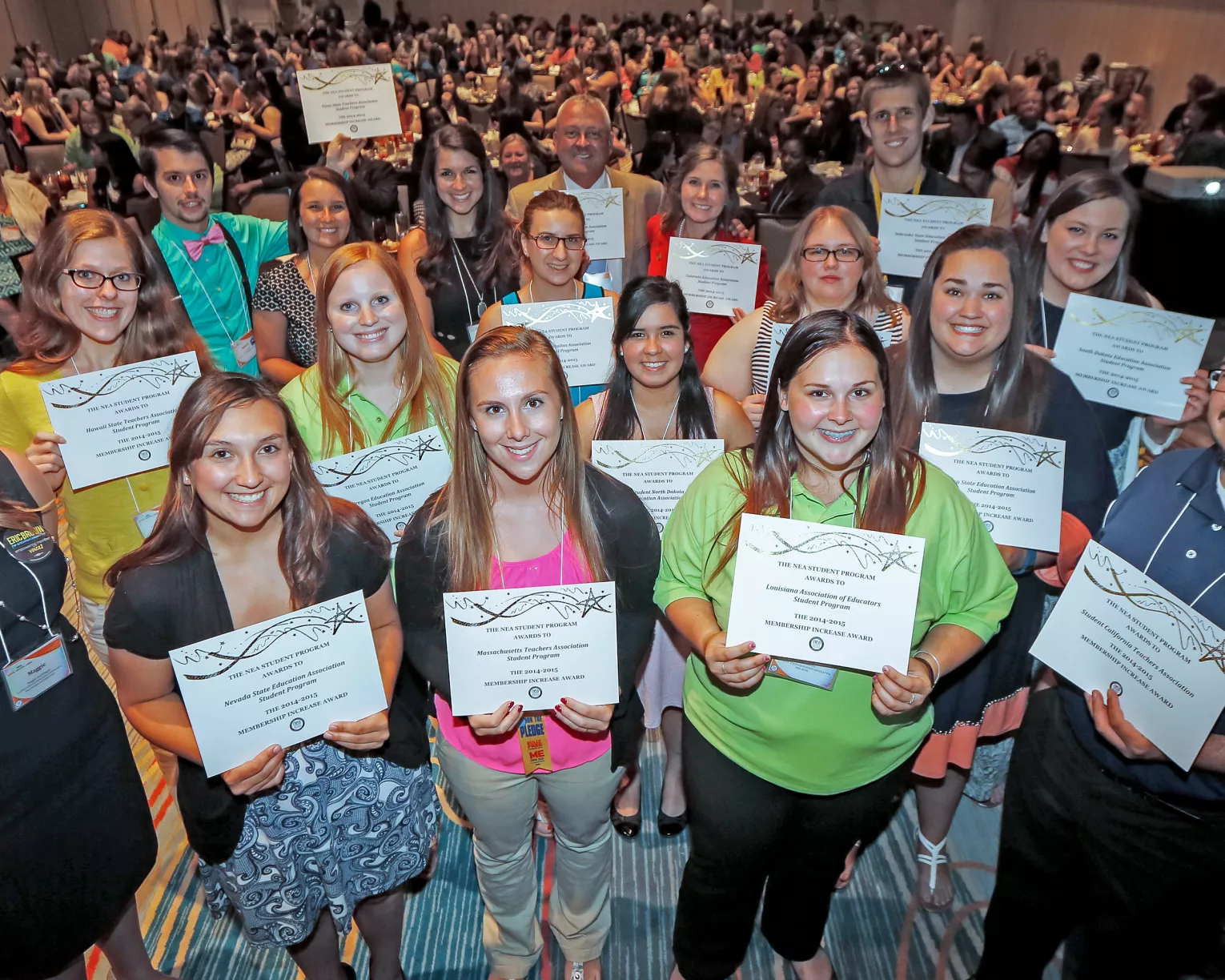As a teacher candidate, it is essential to reflect on the beliefs that will guide your daily decision-making as you plan learning experiences, interact with colleagues, and build respectful partnerships with students and families.
Thinking through these ideas will aid you in writing your teaching philosophy, which will tell potential employers how you will create a love for learning in your classroom. It also gives them a glimpse of the persona you take on in the classroom.
To write a captivating teaching philosophy, reflect on your experiences in the education system and teacher preparation programs. Consider these suggestions and questions to help you envision the kind of teacher you want to be.
Think about your end of year goal for your students.
Who do you want your students to be by the time they leave your classroom? Do you want them to be compassionate friends, confident leaders, or vocal activists?
Will your students develop a passion for learning or will they be driven to achieve points and grades as their measures of success? You can help them grow as young scholars and as people.
Consider your role in the classroom.
Educators can be influencers, leaders, facilitators of learnings, or advocates for change. How do you want to make an impact?
View children holistically.
You will often be the go-to person for students’ social and emotional needs. Some will have experienced trauma. Some will struggle with self-esteem. Some will need your help to develop healing, positive relationships with others. And for some, you may be a mandated reporter for possible abuse. How will you ensure that you are viewing your students holistically and meeting their needs
Include general examples of how you will operate your classroom.
Teaching philosophies should not be recollections of previously taught lessons, but rather should give a glimpse of what a typical day will look like. How will you encourage your students to learn? What method has proven to be effective while also enhancing your style as a teacher?
Be confident in who you are as an educator and the experiences you will create
Let your personality shine through your teaching philosophy. You are one of a kind, and it is important that you highlight what makes you unique in a room full of educators. Think about what makes you passionate about your students and their success.
—Sabreena Shaller is an aspiring educator at Millersville University, in Pennsylvania, and state president of the Student Pennsylvania State Education Association.
Downloads
Your Rights and Workplace

